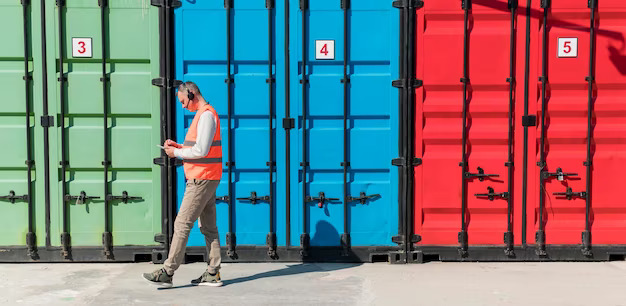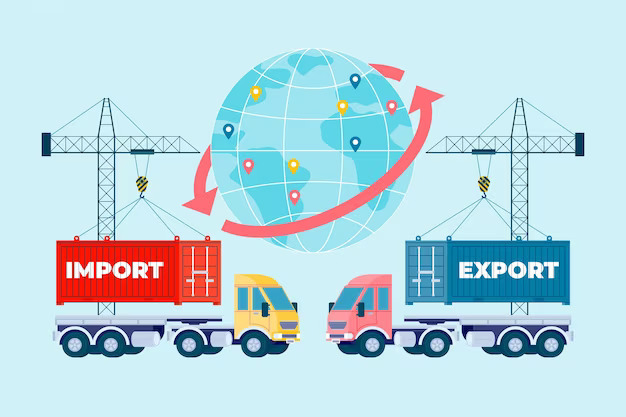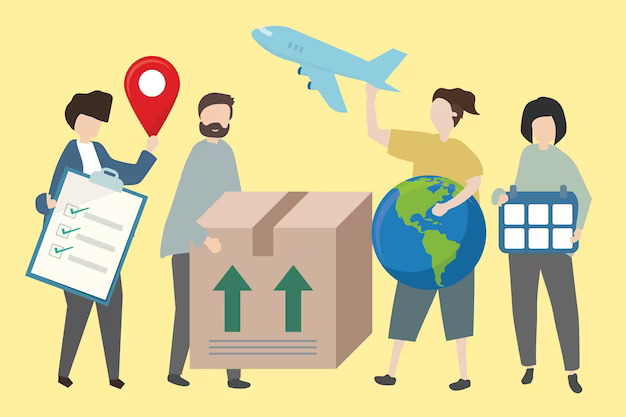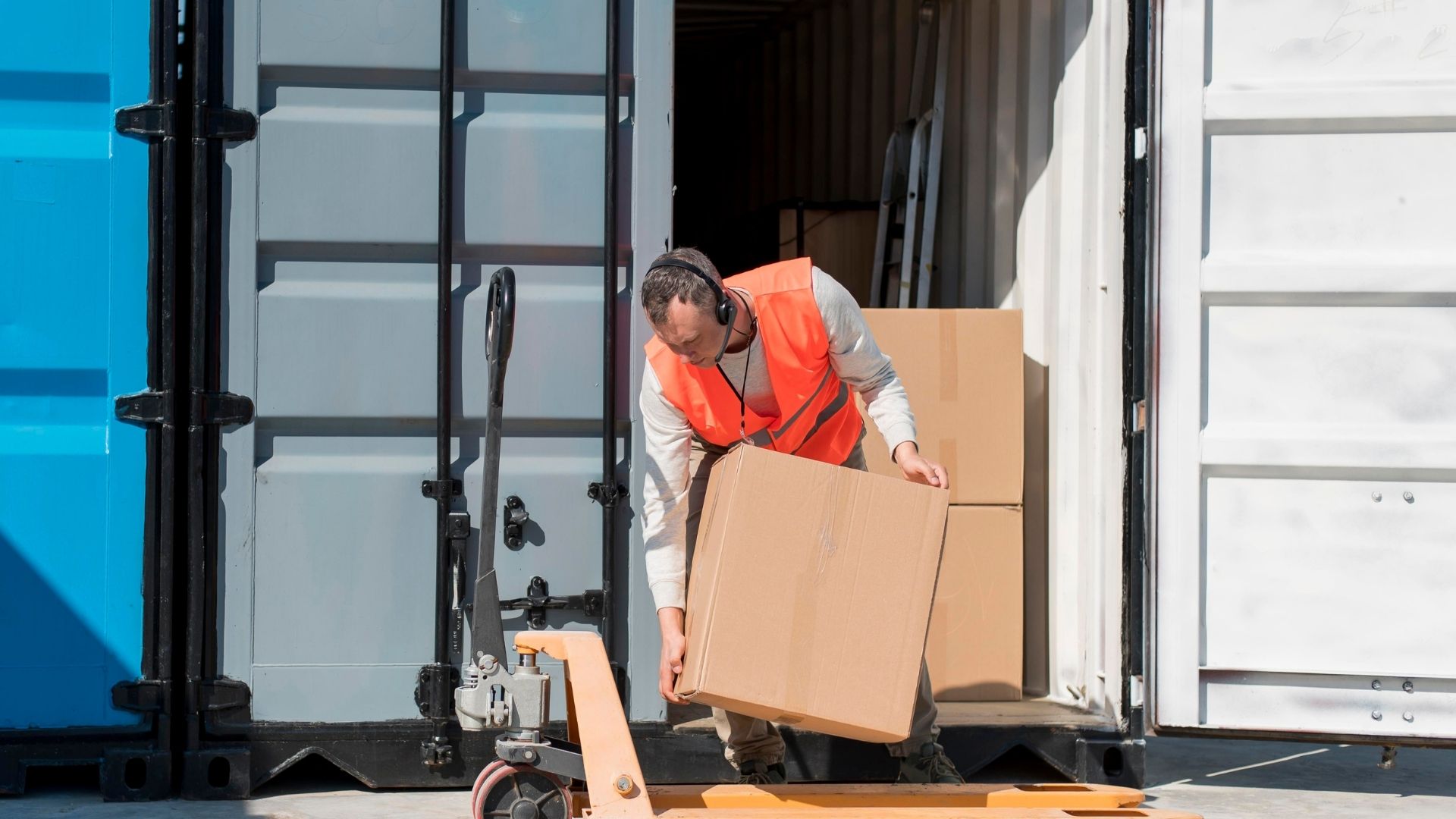Can we ever predict the future? Never! Unless we have a time machine the most we can do is guess the probable situation. Odds and mishaps never knock on your door before coming your way, so the best you can do is hold on to safe grounds. Wondering what we are talking about? It’s about insurance! Cargo shipments are typically safe and secure, but sometimes things can go awry in case of unfortunate events. Don’t believe us? Let’s take a look at the stats:
Did you know according to a report by the World Shipping Council, around 1382 shopping containers were lost between 2008 and 2019? On the other hand, approximately 16,000 cargo containers were lost at sea in 2019.
Believe it or not, from when your shipment leaves your storage facility till it reaches the final destination, it is prone to risks that can often result in uncalled losses due to cargo damages. For instant in land freight, if your vehicle gets in an accident, you would lose the goods in the vehicle, whereas for sea shipments, if the carrier sinks, your goods might get damaged, and the carrier liability isn’t enough to cover the damage. In either case, cargo insurance can prove to be an invaluable tool to make up for the financial mishap, so you endure a minimum or no loss.
Wondering what is cargo insurance, and what are its advantages? Delve in to find out!
What is cargo insurance?
As its name suggests, cargo insurance is a risk management tool meant to protect businesses from any potential financial losses due to lost or damaged cargo. The insurance can cover up to the limit of an amount insured and is usually different from carrier liability. Events covered in cargo insurance typically include natural disasters, vehicle accidents, customs rejection, piracy, cargo abandonment, etc.
When do you Need Cargo Insurance?
If you are running a business, you probably already know how distressing it can be to cope with an unexpected loss. Whether you are running a retail business or something else that requires active logistics, risks are indispensable. What if your products get damaged along the road due to an accident? What if they are stolen and they don’t reach the destination at all? The loss incurred henceforth might put your business under a financial crunch that might take weeks, months, or even years to cover.
If you don’t want this to happen with your business, cargo insurance can come in handy. It can cover the damage caused by any unfortunate event and help you to safeguard your finances from any loss during transit.
Word of Caution:
Always remember that cargo insurance gives you the certainty that in case anything goes wrong en route, you will receive the compensation based on a commercial invoice. If there’s no commercial invoice, the market value of the goods will determine the amount and reimburse the transport cost. In addition, the insurance premium depends on different factors, including the destination, preferred mode of transport, and the value and nature of the goods in the cargo.
Advantages of Cargo Insurance
-
Risk Mitigation: During the journey from the point of origin to the final destination, goods can be exposed to various perils, including accidents, theft, natural disasters, and mishandling. With cargo insurance in place, shippers can mitigate these risks and have peace of mind knowing that they won't suffer significant financial losses if any unfortunate event occurs.
-
Financial Protection: Cargo insurance provides financial coverage in case of damage or loss to the goods. Replacing or repairing damaged goods can be expensive, and without insurance, the shipper would be solely responsible for the losses. Having the right cargo insurance policy can save businesses from unexpected financial burdens and allow them to focus on their core operations.
-
Enhanced Credibility: When dealing with international trade or complex supply chains, cargo insurance can enhance the credibility of a business. It demonstrates to customers and partners that the company takes its responsibilities seriously and is committed to ensuring the safe delivery of goods. Imagine you have the option of insurance associated with your shipment and at the same time there are companies with no insurance for their cargo. Who would your customer trust? Definitely your business would have the upper hand in the credibility competition!
-
Compliance and Legal Requirements: In many instances, cargo insurance isn't just a smart business decision; it is also a legal requirement. Many countries and international organizations mandate that certain shipments have cargo insurance coverage. Complying with these regulations ensures that your shipments will not be delayed or face legal consequences during customs clearance or other inspections.
-
Flexibility in Coverage Options: Cargo insurance policies are flexible and can be tailored to suit the needs of different industries and shipments. Whether you are shipping perishable goods, hazardous materials, or high-value items, cargo insurance providers specialized coverage options to cover the losses.
The bottom line
So, do you need to get your cargo insured? The answer is yes! When your shipment is en route to its destination, anything can happen. From maritime disasters like ships breaking up, catching fire, and running aground to containers falling overboard- ANYTHING can go wrong. If you don’t have cargo insurance, you aren’t going to be compensated for the same, and this can result in massive losses. Whether you are sending your cargo by land, air, or sea, always opt for insurance or work with a professional freight forwarding company offering insurance.
In case you are looking for a logistics firm offering insurance, you can always go for caspian container company. The firm takes pride in connecting the Greater Caspian Region with World Trade. With a team of professionals, the experts offer services from vessel chartering on on-land transport and haulage, storage and warehousing, logistics, and more. Need more information or want an estimate? Contact the deck of experts at Caspian Container Company now!







